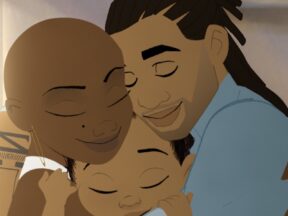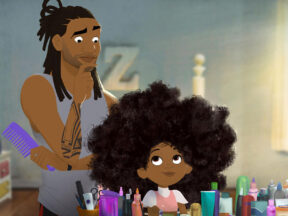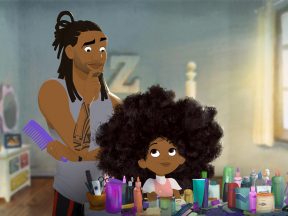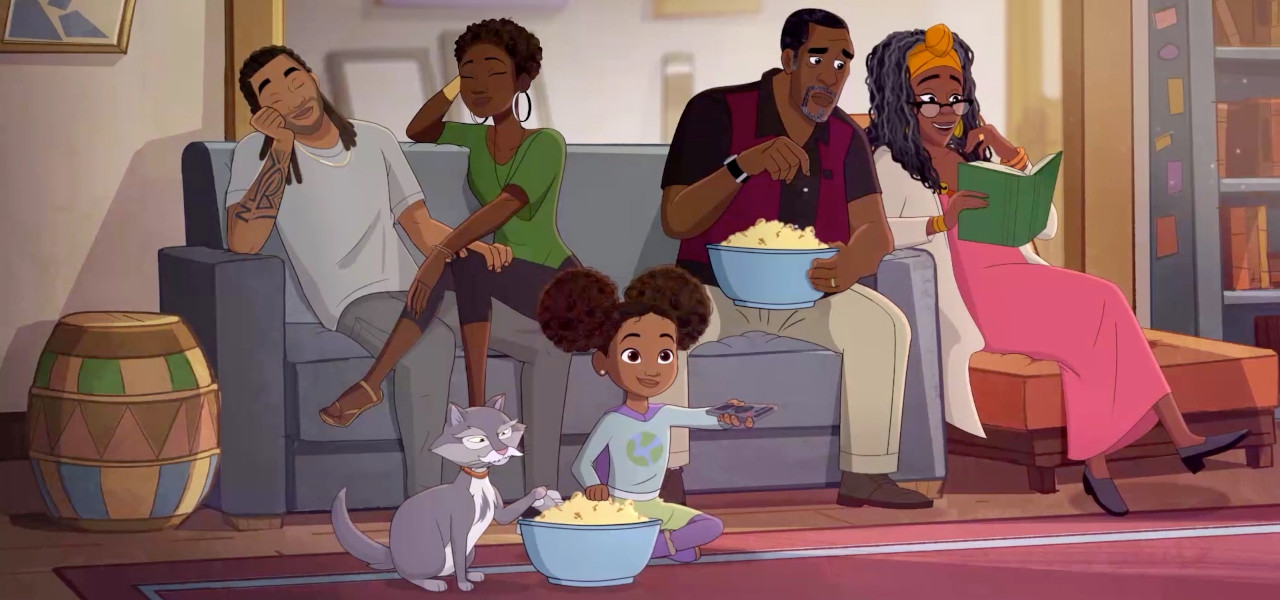
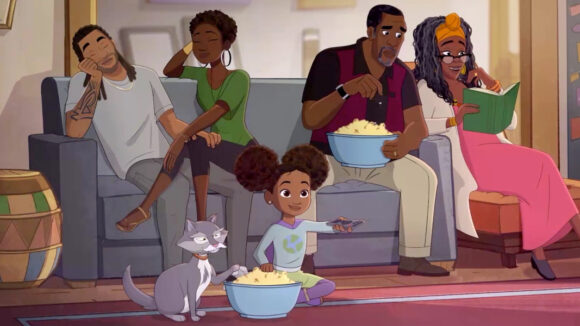
Matthew A. Cherry On Keeping Max’s ‘Hair Love’ Adaptation Grounded In A World Of Over-The-Top Animated Series
Young Love, a series adaptation of the 2019 Oscar-winning short Hair Love, will go live on Max this Thursday, September 21.
Expanding on the short film’s narrative, Young Love turns on a millennial couple balancing parenting, careers, marriage, social issues, and multi-generational dynamics.
Young Love was created and executive produced by Matthew A. Cherry, a former NFL wide receiver turned filmmaker who wrote and co-directed Hair Love. In addition to winning the animated short Oscar, the film was adapted as a book, which has sold more than 1.5 million copies worldwide.
Atomic Cartoons handled animation for the series, and House of Cool created its storyboards. Executive producers include Cherry, Monica A. Young, Karen Rupert Toliver, Carl Jones, David Steward II, and Carl Reed. Karen Malach produced the series.
Hair Love features an A-list voice cast headlined by Scott Mescudi, Issa Rae, Brooke Monroe Conaway, Loretta Devine Harry Lennix, Tamar Braxton, Sharyl Lee Ralph, and Debra Wilson.
Ahead of the show’s release, we caught up with Cherry to discuss adapting his hugely popular short for tv, finding the right collaborators to do that, and keeping the series grounded at a time when most platforms and broadcasters are flooding the market with high-concept animated series.
Cartoon Brew: In what ways was the production of the series different from the short?
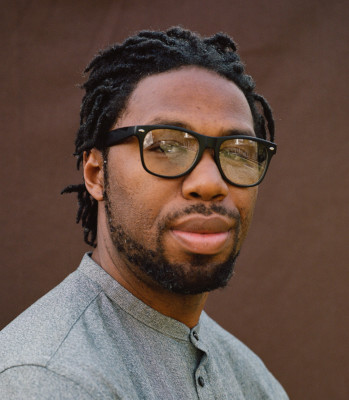
Matthew A. Cherry: The series is less hand-drawn, but we still used Harmony as we did on the short. That was a nice carryover. Since the show is a continuation of the short film, we didn’t want to remix the style. Instead, we tried to heighten the look as much as we could.
We were very strategic in our development of the series, but I don’t think we ever anticipated how many more characters we would be adding. That was a huge change, but necessary for the story. I’m from the West side of Chicago, and we wanted it to feel accurate. When you’re in certain neighborhoods, the demographics of people tend to be more specific in an area. So it was interesting trying to get that right.
One thing that stands out is how grounded this series is: no superheroes, sci-fi, or monsters. It plays out more like a 1990s family sitcom than a lot of what we see from animated series today. I imagine that had to be the case when adapting the short.
It was. We tried to explore moments of fun and take advantage of the animation medium through some fantasy sequences, but the short was the bar we were aiming for. It was tricky because we weren’t starting from scratch. We had this short film with a hundred million Youtube views and a book that sold almost two million copies. So, we already had this legit fanbase we were developing the series for that we didn’t want to alienate. We looked at other series like Craig of the Creek, where we would have made something totally inside Zuri’s world or could have just made a straight-up adult kind of thing more like The Boondocks. But it was really important for us to get this family viewing right because we don’t want to alienate the young kids who are familiar with the book and the short, but we also want adults and grandparents to be able to sit down and enjoy it with them.
The show was animated by Atomic Cartoons, based in Vancouver, with storyboards from House of Cool in Toronto, and you’re in the U.S. What challenges came about from being so spread out during production?
It definitely wasn’t easy. Especially with Covid and everyone being remote. It’s weird when you’re not getting that face time, and I think that made it take longer for us to find our rhythm. But, you know, everyone was so professional. They brought really amazing talent to the table, so as long as we could communicate the vision to them effectively, they did a great job helping us find the aesthetic. Just like Hair Love, this could have existed in live action, and that’s something we wanted to lean into with the series. I love that you said it reminded you of a 1990s family sitcom. We wanted that. All the expressions had to be a certain way; the way characters moved and walked had to feel right. That was a big challenge at first, but once we got into a rhythm, it was an amazing process to witness.
Hair Love has had a significant impact on the animation world. Just this year, Marvel’s Moon Girl and Devil Dinosaur did an episode that was a clear homage to the short. Have you noticed a change in the industry since your short came out?
I love that show so much. When we did our Kickstarter in 2017, animation wasn’t as diverse as it is today. I think we have seen a lot better natural hair representation in both the animation space and the publishing world. I was a consultant on Across the Spider-Verse, and seeing the sequences where Spider-Byte is going through different hairstyles was so cool. Those kinds of moments may not have existed five or ten years ago.

.png)
